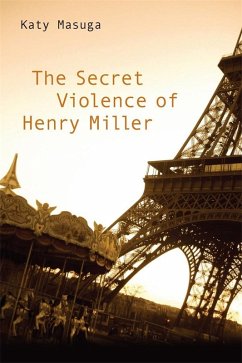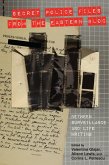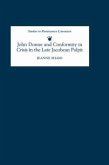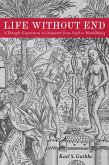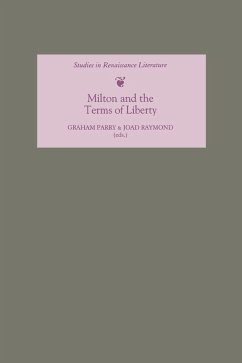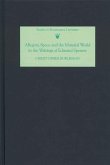Miller as a writer whose work does something more profound and violent to literary conventions than produce novel effects: it announces the possibility of difference and instability within language itself.
Henry Miller is a cult figure in the world of fiction, in part due to having been banned for obscenity for nearly thirty years. Alongside the liberating effect of his explicit treatment of sexuality, however, Miller developed a provocative form of writing that encourages the reader to question language as a stable communicative tool and to consider the act of writing as an ongoing mode of creation, always in motion, perpetually establishing itself and creating meaning through that very motion. Katy Masuga provides a new reading of Miller that is alert to the aggressively and self-consciously writerly form of his work. Critiquing the categorization of Miller into specific literary genres through an examination of the small body of critical texts on his oeuvre, Masuga draws on Deleuze and Guattari's concept of a minor literature, Blanchot's "infinite curve," and Bataille's theory of puerile language, while also considering Miller in relation to other writers, including Proust, Rilke, and William Carlos Williams. She shows how Miller defies conventional modes of writing, subverting language from within.
Katy Masuga is Adjunct Professor of British and American literature, cinema, and the arts in the Cultural Studies Department at the University of Paris III: Sorbonne Nouvelle.
Henry Miller is a cult figure in the world of fiction, in part due to having been banned for obscenity for nearly thirty years. Alongside the liberating effect of his explicit treatment of sexuality, however, Miller developed a provocative form of writing that encourages the reader to question language as a stable communicative tool and to consider the act of writing as an ongoing mode of creation, always in motion, perpetually establishing itself and creating meaning through that very motion. Katy Masuga provides a new reading of Miller that is alert to the aggressively and self-consciously writerly form of his work. Critiquing the categorization of Miller into specific literary genres through an examination of the small body of critical texts on his oeuvre, Masuga draws on Deleuze and Guattari's concept of a minor literature, Blanchot's "infinite curve," and Bataille's theory of puerile language, while also considering Miller in relation to other writers, including Proust, Rilke, and William Carlos Williams. She shows how Miller defies conventional modes of writing, subverting language from within.
Katy Masuga is Adjunct Professor of British and American literature, cinema, and the arts in the Cultural Studies Department at the University of Paris III: Sorbonne Nouvelle.
Dieser Download kann aus rechtlichen Gründen nur mit Rechnungsadresse in A, D ausgeliefert werden.

